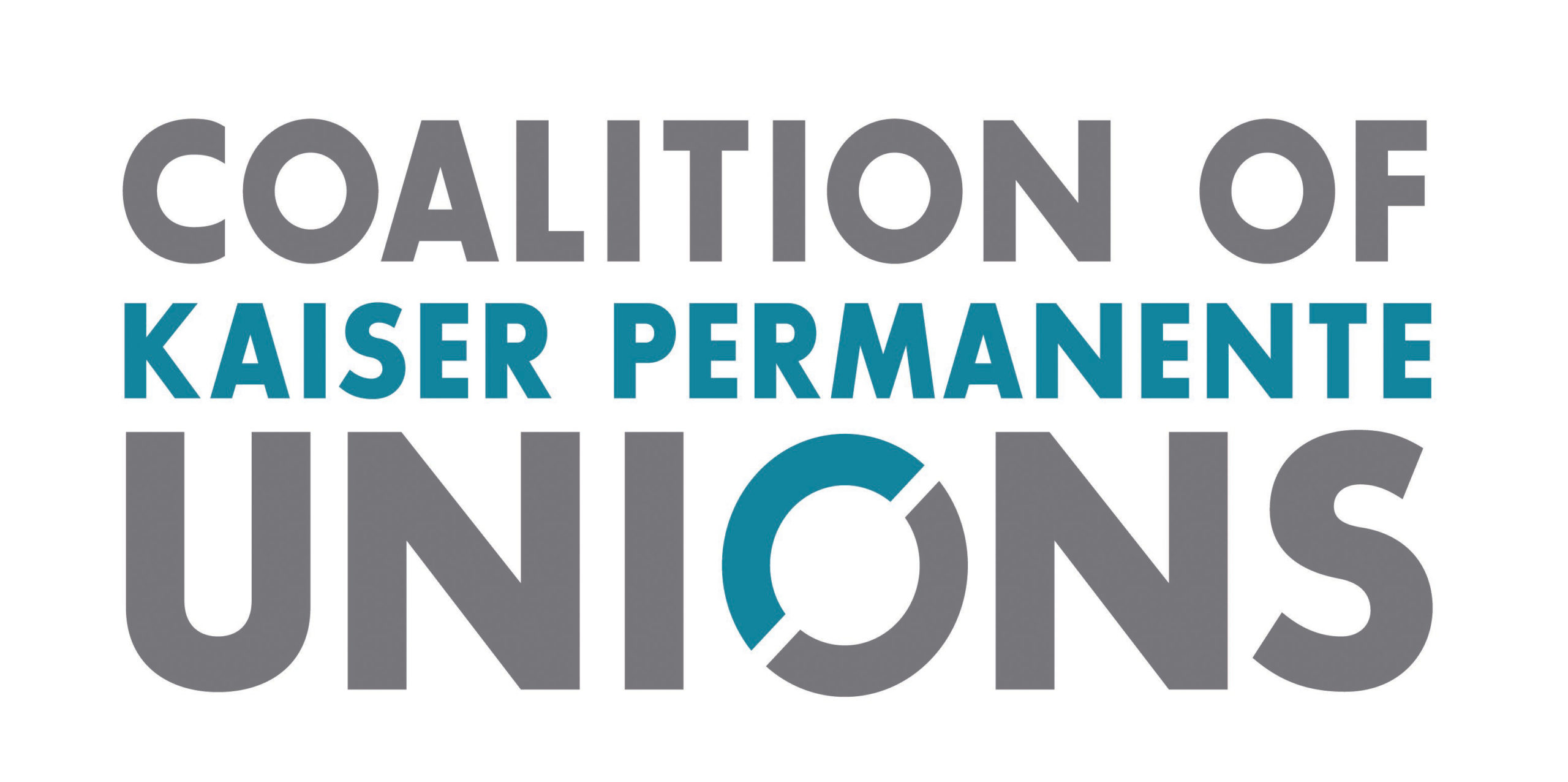Action Will be Country’s Largest Strike Since 1997
OAKLAND, Calif. – More than 80,000 Kaiser Permanente workers in six states and the District of Columbia will begin a nationwide, seven-day unfair labor practices strike Oct. 14. The strike will be the largest since the Teamsters strike against United Parcel Service more than two decades ago.
“We believe the only way to ensure our patients get the best care is to take this step,” said Eric Jines, a radiologic technologist at Kaiser Permanente in Los Angeles. “Our goal is to get Kaiser to stop committing unfair labor practices and get back on track as the best place to work and get care. There is no reason for Kaiser to let a strike happen when it has the resources to invest in patients, communities and workers.”
Picket lines will be set up at Kaiser Permanente hospitals, medical office buildings and other facilities in California, Colorado, Washington, Oregon, Maryland, Virginia and Washington, D.C.
Jobs affected by the strike include optometrists, clinical laboratory scientists, respiratory and x-ray technicians, licensed vocational nurses, certified nursing assistants, surgical technicians, pharmacy technicians, phlebotomists, medical assistants and housekeepers, among hundreds of other positions.
Workers are trying to negotiate a new National Agreement that would:
- Restore a true worker-management partnership;
- Ensure safe staffing and compassionate use of technology;
- Build the workforce of the future to deal with major projected shortages of licensed and accredited staff in the coming years; and
- Protect middle-class jobs with wages and benefits that can support families.
The workers’ national contract expired Sept. 30, 2018, and in December 2018 the National Labor Relations Board charged Kaiser Permanente with failing to bargain in good faith. Since then, Kaiser has continued to commit unfair labor practices.
Support from elected officials, clergy and labor unions continues to grow across the country for the unfair labor practices strike: five Democratic presidential candidates; U.S. Sens. Ron Wyden (D-Ore.) and Jeff Merkley (D-Ore.); 16 U.S. Representatives, including Speaker Nancy Pelosi; 70 California state legislators; the Denver City Council; labor federations representing hundreds of thousands of workers; and 90 faith leaders, who called Kaiser’s actions a “moral failing.”
As a non-profit entity, Kaiser Permanente is supposed to serve the public interest in exchange for not paying income taxes and little to nothing in property taxes – an estimated tax break of more than $2.3 billion over the last two years. But in recent years, the corporation has departed from its community-oriented mission by:
- Piling Up Record Profits and Reserves
Although registered with the IRS as a “non-profit” company, Kaiser Permanente made more than $5.2 billion in profits during the first half of 2019, bringing its profits to more than $11 billion since Jan. 1, 2017. The company also sits on more than $37 billion in reserves. If it was eligible to be listed on the Fortune 500, it would be ranked #34.
- Enriching Top Executives
Kaiser pays its CEO, Bernard Tyson, $16 million a year and at least 35 other executives a million dollars or more a year. Tyson received a 60 percent raise of $6 million in 2017, and his compensation is more than CEOs at for-profit corporations such as Starbucks, Coca-Cola, UPS, and Yum! Brands.
- Raising Rates on Patients
Health insurance premiums for Kaiser patients go up year after year – including spikes this year of 9.2 percent for individual plans and 4.7 percent for large group plans.
- Underserving Low-Income Patients
While Kaiser Permanente counts more than 12 million patients nationwide, it treats far less than its share of low-income patients. Whereas 21 percent of Americans receive health coverage through Medicaid, Kaiser’s volume of Medicaid patients is less than half that figure. In the corporation’s busiest state, California, only eight percent of Kaiser Permanente’s patients receive Medicaid compared to 27 percent of patients at other non-profit health systems.
- Destroying Good Jobs
Kaiser Permanente is actively destroying good jobs and quality care by outsourcing jobs to companies which pay workers less and offer fewer benefits. The company also wants to slash the wages and benefits of future employees.
Hundreds of jobs have already been outsourced in California, including parking lot attendants, shuttle drivers, couriers and warehouse workers. An earlier attempt in 2019 to outsource 60 gardeners was reversed after the company faced intense political and worker opposition.
# # # #
The Coalition of Kaiser Permanente Unions comprises labor unions in California, Oregon, Washington, Colorado, Hawaii, Virginia, Maryland and the District of Columbia, representing more than 80,000 Kaiser caregivers. To learn more, visit KaiserKeepThriveAlive.com.


